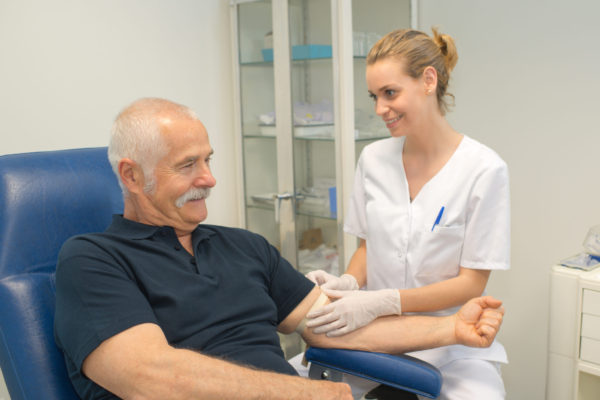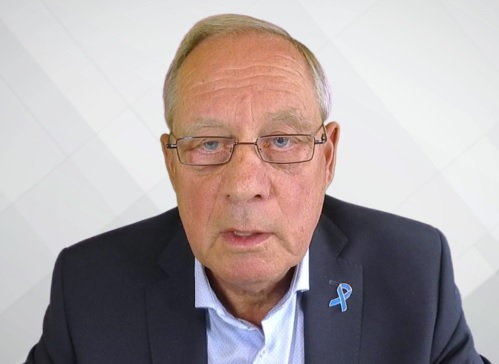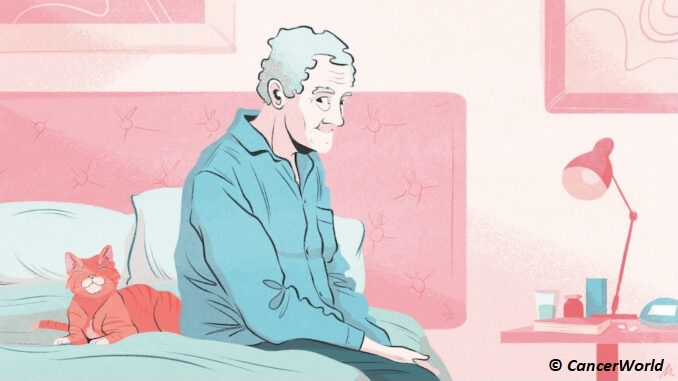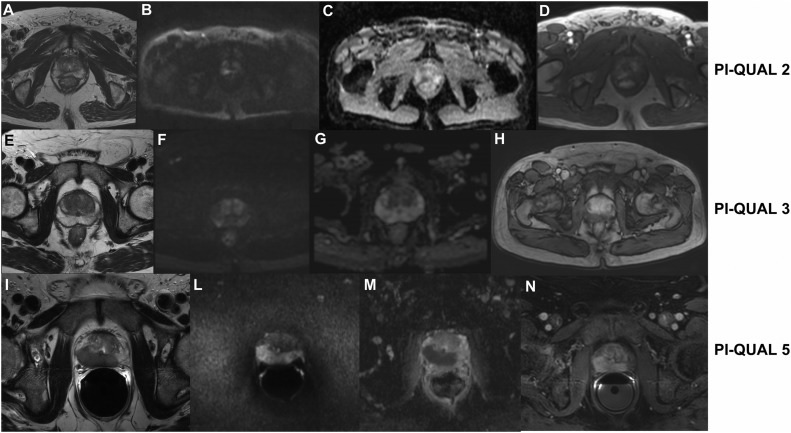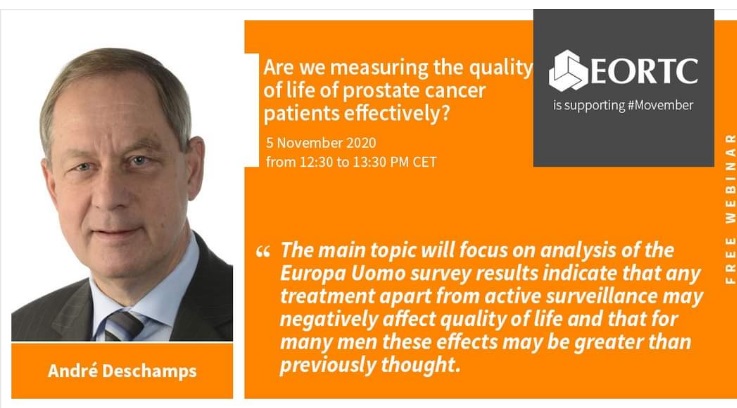|
In this issue:
|
|
|
|
|
Can you help improve prostate cancer outcomes?
Input from men with advanced disease needed to fill research gaps
|
|
|
|
|
"My doctor did not tell me about the effects. I was unprepared.”
|
|
|
Prostate Research and Treatments
Chemotherapy that improves Quality of Life
Most prostate cancer patients tend to regard chemotherapy as a final stage treatment when the patient is metastatic and all other available treatments have failed. Much of the development in the past decade or more focussed on antiandrogens such as abiraterone and enzalutamide.
Many patients with advanced metastatic castration-resistant prostate cancer have bone metastases, which cause pain and deterioration of quality of life. As prognosis for metastatic prostate cancer has improved, quality of life is increasingly important, yet it continues to be underevaluated. The CARD study has shown that Cabazitaxel, one of the more recently developed taxanes, (chemotherapy drugs) has proved to be better in terms of quality of life than the either abiraterone or enzalutamide as well as conferring additional survival benefits.
Read more in Cancer World and also in the NEJM.
|
|
|
How Are Your Bones?
We often carry stories about the effects of Androgen Deprivation Therapy (ADT) on prostate cancer patients but one of these effects gets less than its due coverage. Bone health is an essential consideration for those on ADT. As we age our bone structure weakens, even without ADT, and we are more susceptible to fractures. When men are on ADT treatment the effect of the treatment appears to accelerate the loss of bone mineral density (BMD) and patients can get osteoporosis. The way normally recommended to avoid this is to be screened for BMD, to ensure that your vitamin D levels are appropriate and to take regular exercise. In many cases men are also treated with bone-strengthening medication. A recent large Canadian study has looked at 22,000 men on ADT over a 15-year period. Less than 1 in 5 had a BMD at any point in the study period. The lack of monitoring was even more prevalent in the over-80 age group and those living in rural areas.
Read more in the November Us TOO HotSHEET (p.1).
|
|
|
Grading mpMRI Scans
With the much wider use of mpMRI rather than ultrasound and biopsy many clinicians have been looking for ways to rank the quality of the mpMRI scans.
In this study the investigators developed a scoring system (PI-QUAL) to assess the quality of multiparametric magnetic resonance imaging (mpMRI) in prostate cancer detection. They used scans from 22 centres that participated in the PRECISION trial. Although there was room for improvement in images that used intravenous contrast, the investigators found that mpMRI in the PRECISION trial was of sufficient diagnostic quality (PI-QUAL score ≥3) for 95% of the scans. PI-QUAL is a score on a Likert scale from 1 to 5, where 1 means that no mpMRI sequences are of diagnostic quality and 5 implies that each sequence is independently of optimal diagnostic quality.
Read more here.
|
|
|
Europa Uomo
EORTC Webinar: 'Are we measuring the Quality of Life of Prostate Cancer Effectively?
Currently, 1 in 7 men in Europe will develop detectable prostate cancer before the age of 85. More than two million men in Europe are living with this disease, today. (Reference: Eurostats)
This webinar will run on November 5th from 12:30 to 1:30pm CET. It will take place during the Movember campaign and is addressed to a general public. Its purpose is to raise awareness about prostate cancer and the importance of international academic research. The speakers are prostate cancer and quality of life experts and representative from a patient organisation.
Our chairman, André Deschamps, will present the analysis of the EUPROMS results.
Register to this EORTC free webinar here.
|
|
|
Items of Interest
COVID-19 is not an excuse to deny cancer care
Different countries have responded to the Covid-19 pandemic in different ways. Some emptied their hospitals of non-Covid patients. Others had enough hospital capacity to treat both categories. In response to questions in the British Parliament regarding cancer outcomes during COVID-19, the Health Secretary, Matt Hancock, stated the “best way to keep cancer services running is to suppress [coronavirus]”. We beg to differ. The notion that cancer care provision should be contingent on the success of policies to contain COVID-19 is as offensive as it is irresponsible. Cancer care cannot be put on hold; cancer care during the pandemic should not be beyond the capacity of the UK’s ostensibly world-class health system; and patients with suspected or prevalent cancer must not be denied timely access to care.
Read more in Lancet Oncology Editorial
|
|
|
|
|
|
FREE SUBSCRIPTION TO EUROPA UOMO WEEKLY UPDATE
All previous issues are available on website: www.europa-uomo.org/newsletters/
|
|
